PROVIDE EXPERTISE
We study, consult, and collaborate with environmental agencies across the nation to make an impact that extends far beyond our home base of Laguna Beach, CA.
The Pacific Marine Mammal Center is a part of the National Oceanic and Atmospheric (NOAA).
Check out our full research page for more information on what we do best along with our collaborative partners and research publications.
water Health Assessments of Whales
Where populations of whales dwindle, the health of individual whales becomes relevant to the conservation of the population. We are exploring the feasibility and usefulness of on-water veterinary health assessment tools and methodologies.
SEA LION CANCER CONSORTIUM
Our research team is working to enhance, promote, and coordinate research to understand the pathogenesis and causes of urogenital cancer in California Sea Lions. Almost 20% of adult California sea lions are diagnosed on post-mortem examinations with an aggressive, widely metastatic carcinoma of urogenital origin. A herpesvirus, OtarineHerpesvirus - 1 (OtHV-1), has been identified as the primary cause of this cancer. In addition, sea lions accumulate high concentrations of organochlorines and other persistent organic pollutants, which are widespread pollutants of the Southern California Bight. These pollutants are thought to be important cofactors in the development of this cancer.
Southern California Small Cetacean Conservation Medicine
The Southern California Bight is home to over one dozen threatened or endangered marine mammals and birds, more than 350 fish, and 5000 invertebrate species. The Bight is also a unique economic resource. It counts approximately 175 million beach visits annually and more than 20 million people live within an hour’s drive of its coast. It is home to the two largest commercial ports in the US, and the world’s largest manmade marina. There are 17 wastewater treatment plants and it receives stormwater and untreated surface run-off water from one of its 17 major watersheds. At the intersection of biodiversity and economics, the Southern California Bight is a coastal ecosystem in need of monitoring. We determine, study, and monitor the health threats to small cetaceans as an indicator of ecosystem health.


